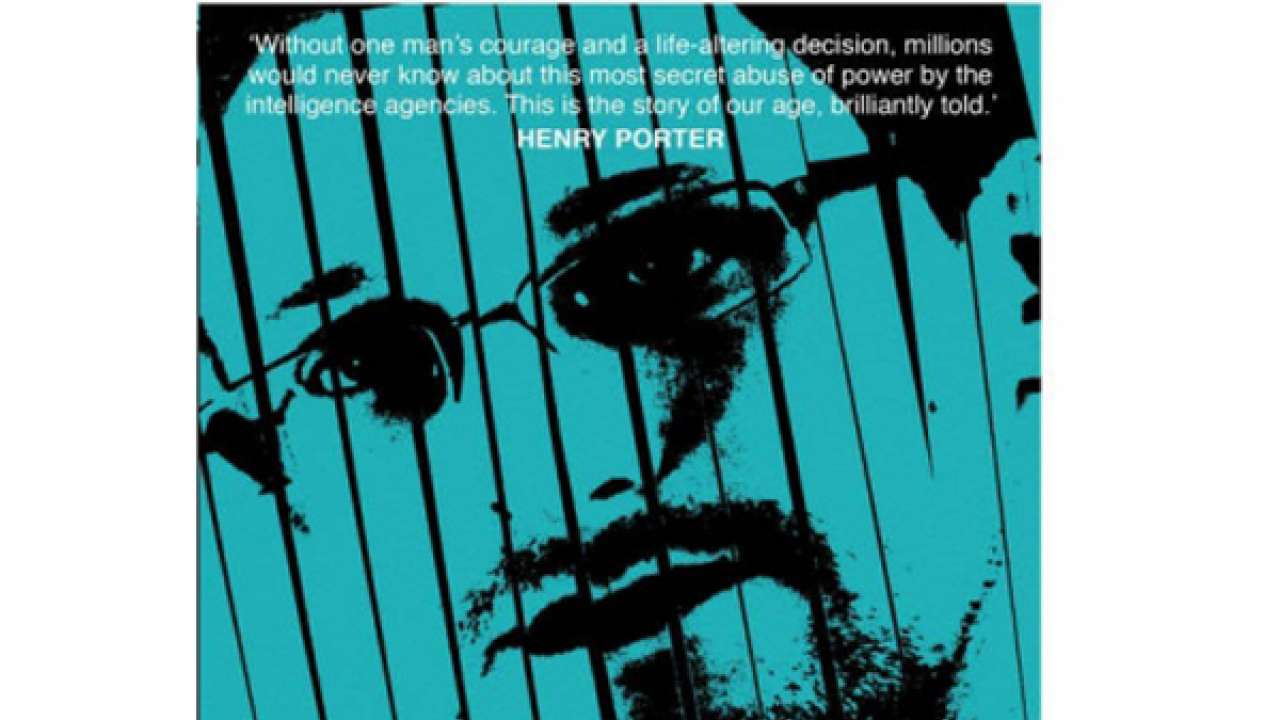
Acclaimed journalist Luke Harding's The Snowden Files is more a remarkable piece of journalism than just an organisation's autobiographical account. Much like his earlier books, including Wikileaks: Inside Julian Assange's War on Secrecy, which borders a similar bailiwick, this one too is an attempt at documenting historical milestones in international journalism, more specifically those created by the UK-based news organisation The Guardian.
The book narrates real-life accounts of news publishers attempting to "break" the Snowden story, a story that eventually captured the attention of the whole world, and, if only for a moment, changed the way of international diplomacy. The true-to-life tale follows journalist Glenn Greenwald, Laura Poitras and a team of veteran The Guardian journalists as they pick up a lead on an epic story that could change the face of the international diplomatic order. They pursue Edward Snowden, across continents, as he helps them uncover the underhand attempts of some of the world's most powerful at controlling the ever growing influence of the Internet and technology. Their ordeal, dealing with the governments and organisations, is almost surreal, and sometimes you almost forget that you're reading a record of an event and not a sci-fi noir.It is a brilliant documentation of an ongoing story and continues to wield the power to make and break governments.
It must be noted that while writing Wikileaks in 2011, Harding frequently referred to Julian Assange's Cablegate as the single most important piece of journalism since the Pentagon papers in the 1970s. He now refers to the Snowden leak as the most important since the Assange story. That just goes to show how quickly technology got imbibed in contemporary journalism to produce more noteworthy content.
So, while three decades ago, a journalistic milestone such as this would have been considered a once-in-a-lifetime event, it now takes less than three years to repeat the feat. The book records the otherwise rare phenomenon in corporate journalism of how some of the world's largest media houses collaborated with each other, once again after the Wikileaks story, to bring out a story with global repercussions.
The book, as its name suggests, profiles the young information vigilante in every detail. At the same time, it has no illusions of heroic grandeur about a man who sacrificed his future to stand up for his beliefs.
The otherwise shy Snowden has been fleshed out for the readers to judge, not simply by his actions, but also his beliefs. He is a man with extreme libertarian views, ingrained patriotism (bordering nationalism), and a highly astute mind. Snowden's political views are set farther of the far right, and I cannot promise that after having read Harding's profile, you will continue to admire him. But it definitely helps give more context to the actions of a man who, unlike his predecessor, was anything but a tech hippie.
What stands out best in this narrative is the emphasis on the central idea of any democratic society — mutual respect for dignity and privacy, both of which were blatantly violated by governments elected to protect these very values. It reveals how the doings of a group of people can extend beyond national leaders, government officials and diplomats, and go as far as to throw every citizen living in contemporary western democracy into the fray of international politics.
The story is told in a crisp, precise yet detailed narrative. The book is a fast read if you enjoy real life political drama and have been following the Snowden story in the news. And even if you haven't, the writer is generous with providing history and context to a remarkable tale.